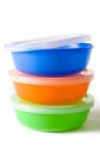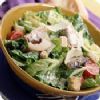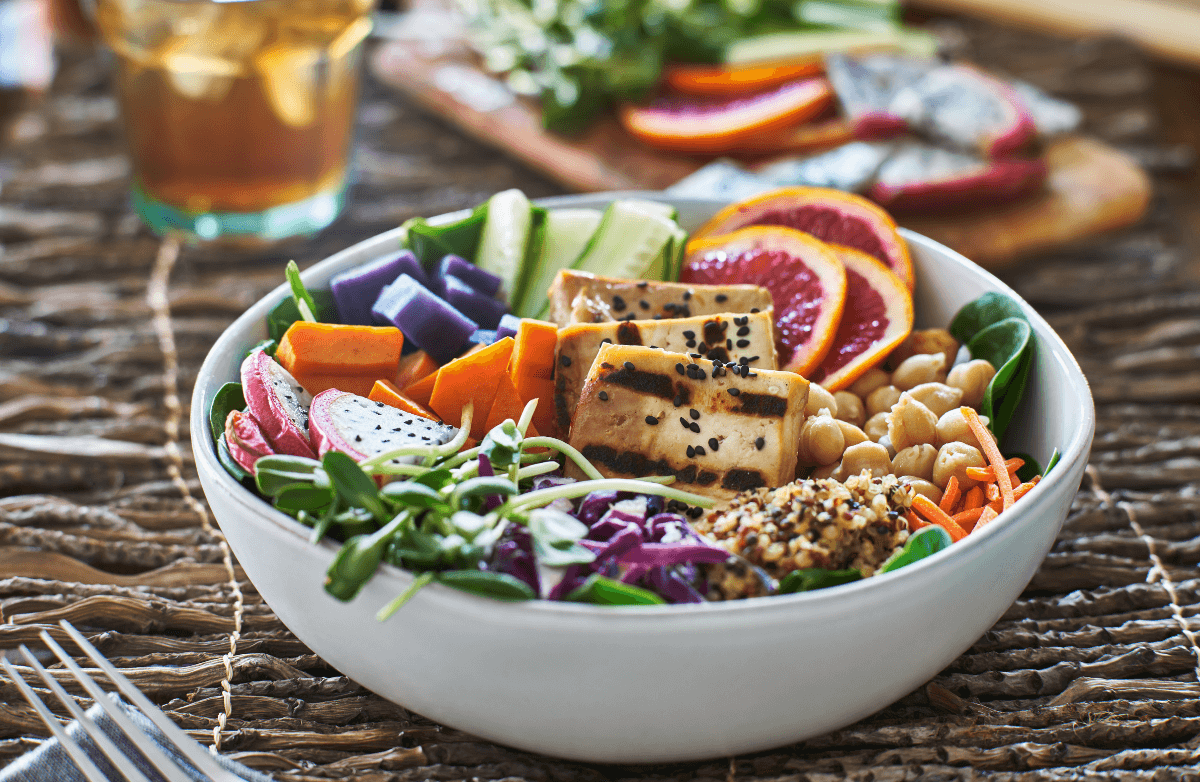|
I consider myself to be a conscientious label-reader at the grocery store. As a general rule of thumb, I don't buy products that contain a long list of ingredients with words I can't pronounce. If I have no clue what is in the product, I assume it's probably not the best thing to be putting into my body or serving to my family. But sometimes it's overwhelming and confusing. Companies do their best to convince us their products are good for us, even if they aren't. Do words like "all-natural" and "organic" mean "healthy"? Not necessarily. The term "healthy" is regulated by the FDA. According to their standards, a product can be labeled as healthy if it "is low in fat and low in saturated fats and has no more than 360 to 480 milligrams of sodium or 60 milligrams of cholesterol per serving. And it must provide at least 10 percent of the daily value for vitamin A, vitamin C, protein, calcium, iron or fiber." So the product has to have some good stuff, but can also contain a little of the "bad" stuff in it to be considered healthy. And these requirements don't even mention guidelines for sugar. Even still, "healthy" is nothing more than a marketing claim aimed at convincing you to buy a particular product. Decide for yourself if the product is in fact healthy by reading the ingredients list and nutrition facts label. The word "natural" is a different story, because the term is not regulated by the FDA. That means anyone can call their product natural (which sounds like it would be good for you), but that doesn't necessarily mean it's healthy. "Made with whole grains" is another term that sounds like a healthy choice. But manufacturers can use this claim even if they use the smallest amount of whole grains in the product and it really does nothing for your health. In this case, read the list of ingredients. If words like "whole-wheat flour" aren't first on the list, put the product back on the shelf. Here's a helpful hint: If the product label boasts "made with" a certain ingredient (real fruit, fruit juice, whole grains, etc.), chances are that there's very little of the good stuff in it at all. Only a quick read of the ingredients list can tell you just how wholesome it really is. The term "organic" is also regulated by the FDA. But again, organic does not mean the product is any healthier (or lower in calories) than its non-organic counterpart. In fact, organic junk foods are everywhere, and foods labeled organic may lead you to overeat. An organic candy bar that's full of saturated fat and sugar is still a product to limit--not a health food. It can be overwhelming when you first start paying attention to food labels at the grocery store. But the more you educate yourself, the easier it is to sift through the marketing hype. The Loopholes of Food Labeling is a good article to get you started. Do you spend a lot of time reading labels? What kind of secrets have you discovered about foods you've considered buying? |
More From SparkPeople
|




.jpg)









.jpg)
